Demi Moore just recently won her first ever Golden Globe in her entire career. Not only was it her first Golden Globe, but the first award – EVER. This seems so crazy to me, because she’s been in the entertainment industry for the past 45 (!) years. Her performances in movies like ‘Ghost’, ‘If These Walls Could Talk’, ‘A Few Good Men’, ‘G.I Joe’, and even ‘LOL’ with Miley Cyrus were amazing. Moore’s family, including her daughters and granddaughter, were ecstatically celebrating her win from home. And you can be sure that Moore’s acceptance speech was something extraordinary. In it, the actress said:
‘I’m just in shock right now. I’ve been doing this a long time — like, over 45 years — and this is the first time I’ve ever won anything as an actor. Thirty years ago, I had a producer tell me that I was a popcorn actress. At that time, I made that mean that this wasn’t something that I was allowed to have. That I could do movies that were successful and made a lot of money, but that I couldn’t be acknowledged and I bought in, and I believed that. That corroded me over time, to the point where I thought a few years ago that maybe this was it. Maybe I was complete, maybe I’d done what I was supposed to do. And as I was at kind of a low point, I had this magical, bold, courageous, out-of-the-box, absolutely bonkers script come across my desk called “The Substance”. And the universe told me, ‘You’re not done.’ In those moments when we don’t think we’re smart enough or pretty enough or skinny enough or successful enough or basically just not enough, I had a woman say to me, ‘Just know you will never be enough, but you can know the value of your worth if you just put down the measuring stick. And so today, I celebrate this as a marker of my wholeness and of the love that is driving me and for the gift of doing something I love and being reminded that I do belong.’
This is important.
Moore’s speech was a defining moment, and not just in the actress’s career, but the entire night too. I personally considered Demi Moore to be a successful actress, so I was shocked to find out that she’d never won any awards before January 2025. What this realization made me understand is that Moore had become a victim of what too many women go through in their lives – being suffocated by the narrow and rigid stereotypes of how they should behave at work and that these outdated stereotypes hold them back.
That’s not something men ever had to go through. Moore was married 3 times throughout her life – Freddie Moore between 1981 and 1985, Bruce Willis between 1987 and 2000, and Ashton Kutcher between 2005 and 2013. Throughout their own respective careers, the three former husbands, but especially Willis and Kutcher, received an endless amount of recognition for their work throughout the years. Both even won Raspberry Awards! Demi Moore was the highest paid actress of the 90’s. And yet, this year marked the first time she was ever recognized for her work. It’s just very telling.
This reminded me of the time neither Margot Robbie nor Greta Gerwig were nominated for an Oscar in 2024 for their work on ‘Barbie’ even though Robbie was the main star and producer, and Gerwig was the director. Ryan Gosling, who played Ken in the movie and was nominated for an Oscar for his work on the film, had something to say about the matter. In a statement, Gosling said:
‘I am extremely honored to be nominated by my colleagues alongside such remarkable artists in a year of so many great films. And I never thought I’d being saying this, but I’m also incredibly honored and proud that it’s for portraying a plastic doll named Ken.
But there is no Ken without Barbie, and there is no Barbie movie without Greta Gerwig and Margot Robbie, the two people most responsible for this history-making, globally-celebrated film.
No recognition would be possible for anyone on the film without their talent, grit and genius.
To say that I’m disappointed that they are not nominated in their respective categories would be an understatement.
Against all odds with nothing but a couple of soulless, scantily clad, and thankfully crotchless dolls, they made us laugh, they broke our hearts, they pushed the culture and they made history. Their work should be recognized along with the other very deserving nominees.
Having said that, I am so happy for America Ferrera and the other incredible artists who contributed their talents to making this such a groundbreaking film.’
A pivotal moment…
Seeing that Gosling was in support of Robbie and Gerwig and just how much he was advocating for them, as well as even the mere recognition that there would be no Ken without these two strong and powerful women was absolutely pivotal. Men have a lot of power and influence, much more than women do. Even now, in 2025, we see this truth unfold. ‘Barbie’ and its aftermath is a great example of that. Here were two women who were a part of the making process of the biggest movie of the year not being recognized for the great work that they did, but a man in a much lower position than the two women that did get recognition.
Women are constantly undermined and undervalued. Women are constantly used and abused in the workplace. This was a heavy subject matter in my recent blog entry about Iggy Azalea and her journey in her career as a rapper. It’s disappointing and despicable. I can’t even begin to describe just how important to see a man supporting and advocating for women in the workplace, for more reasons than one. These reasons include:
- Create a more inclusive workplace – Men can help create a more inclusive workplace by advocating for equal pay, calling out discrimination, and promoting diverse hiring practices.
- Change social norms – Men can help change social norms that discriminate against women by speaking up and challenging unacceptable behaviors.
- End gender-based violence – Men can help end gender-based violence by standing up for what’s right and supporting women’s rights.
- Create a more just society – Men can help create a more just society by using their influence to challenge gender inequality and advocate for women’s rights.
‘My Big Fat Greek Wedding’, the 2002 legendary romantic comedy that got not one, but TWO sequels in the past two decades and stars Nia Vardalos and John Corbett in leading roles, got one line right that might not hold true, and that is, ‘The man is the head, and the woman is the neck, and the neck can turn the head anywhere it wants.’ This line was said by Lainie Kazan character, Maria, Toula’s mother. Toula was, of course, played by none other than Vardalos herself. Maria was referring to a marriage between a man and a woman when talking to Toula before her marriage to Ian, played by Corbett. But can the same be said about the roles men and women play in the workplace?
Vardalos is a well-known, prestigious female writer and director. She wrote the script for ‘My Big Fat Greek Wedding’, as well as other movies that she starred in, like ‘I Hate Valentine’s Day’, which also starred Corbett, and ‘My Life In Ruins’. While promoting the first sequel to ‘My Big Fat Greek Wedding’ film franchise in 2016, Vardalos did an interview with The Canadian Press, where she heavily spoke about sexism.
CP: Tell me about some of those other projects over the years that haven’t been able to take root.
Vardalos: I definitely lost control and then gained it and lost it. It is a process and getting a film made is difficult, period. Hollywood is still the most archaic place. It is the one place where a review can talk about a woman’s looks and you can not get a job simply because you’re female. It’s outdated and we have to push through.
CP: Can you describe some of these scripts you’ve been asked to rework?
Vardalos: It will say about the female: “Late 20s. Beautiful but doesn’t know it. Kittenish, sexy.” (And then) it’ll say: “Guy, 40s. A sense of being that far exceeds his years.” You know, there’s no reference to being handsome … It’ll never say: “Chiselled jaw line, pecs to die for.” Can you imagine reading that in a screenplay? It wouldn’t be written and people would laugh out loud. But it’s certainly written about the women. And we just call them on it, we just laugh.
We’ve had symposiums at the Writers Guild with men and women there talking about how when it comes to a place where we have to incite peril for a woman during sweeps’ week the writers will pitch, ‘OK, so let’s get her raped’. And it’s rough. It’s really, really bad. We’re creating a rape culture. And we’re trying to pull back from it and that’s what these meetings do where we have to call each other on what we’re doing wrong. And try to get things out there.
It’s really, really hard to get a family comedy made, especially a PG-13 one…. If this movie doesn’t do well there will be another 15 years where we wait for another one. And that’s a bummer.
And that’s exactly what it is…
SEXISM. Women face it every single day of their lives, whether it’s in the workplace or in their personal lives. Gender inequality, by definition, is ‘discrimination on the basis of sex or gender causing one sex or gender to be routinely privileged or prioritized over another. Gender equality is a fundamental human right and that right is violated by gender-based discrimination.’ More particularly, examples of gender inequality in the workplace include:
- Unequal pay: Women are often paid less than men for the same work.
- Sexual harassment: Women are often victims of sexual harassment in the workplace.
- Unconscious bias: Favoritism towards a particular gender, such as promoting men over women.
- Limited career opportunities: Women are often underrepresented in management and senior roles.
- Gender-based violence: Any form of violence inflicted on an individual due to their gender.
This is exactly what Blake Lively’s lawsuit against Justin Baldoni was about following the release of their movie, ‘It Ends With Us.’ Many believe, including myself, that Lively abused her power and used the gender inequality and sexism tactic to manipulate the system. It’s been proven in the evidence Baldoni provided in his lawsuit against The New York Times. The actor, filmmaker, and advocate also has plans to countersuit Lively in the near future.
No matter the case, and no matter whose side you’re on in the matter, Lively’s lawsuit against Justin Baldoni sparked a conversation. People really want to hate on women. Society doesn’t want women to succeed. Society somehow feels threatened by women. If that weren’t the case, then how is it that Demi Moore is only now being recognized for her work after being in the industry for 45 years? Reasons for women not being recognized at work include:
- Unconscious bias – Leaders may assume that men have more potential than women.
- Lack of support – Women may not be given the same opportunities as men to get guidance and support in their careers.
- Double standards – Women may be held to higher standards for performance and behavior, while receiving less recognition and support.
- Sexual harassment – Sexual harassment is a form of discrimination that women face in the workplace.
- Balancing work and family – Women may be limited from seeking leadership roles due to the challenges of balancing work and family responsibilities
According to society, women are meant to fail. The reality is, however, everyone fails sometime in their lifetime. Failure is just part of life’s journey. Men fail too. Thomas Edison failed. Henry Ford failed. Michael Jordan failed. And Vincent Van Gogh. There’s a big difference in how we speak of men failing and vs. women. For instance:
- Thomas Edison – Invented the phonograph and electric lighting, but said he “successfully found 10,000 ways that will not work”.
- Henry Ford – Started multiple auto companies that failed before eventually becoming one of America’s greatest entrepreneurs.
- Michael Jordan – Cut from his high school basketball team, but went on to become one of the most successful basketball players in history.
- Vincent Van Gogh – Sold only one painting before his death, but his work is now considered to be that of a master.
One thing these descriptions have in common is the word ‘but’. The emphasis is on the ‘but’ and the success that comes thereafter following the failure rather than the failure itself. For a woman, it’s the opposite. The emphasis is on the failure itself, and the success is merely mentioned. A woman failing makes a much more interesting and intriguing story than a woman succeeding. Hearing what price a woman pays following her failures makes a much more interesting story than her successes.
We’ve come a long way since the 1960’s. Women are now able to vote. Women now aren’t just staying to at home to take care of their kids and their husbands. We see more and more women in the workforce, even taking upon leadership roles. More and more women are choosing not to get married or have children. Women now don’t need a man’s permission for a mortgage. And nevertheless, there’s still this stigmatization by society that women are less than. Today, in 2025, women face many of the same battles as they did back in the 1960’s. The challenges – of equal pay; balancing motherhood, home and career; abuse, misogyny and personal safety – have not gone away.
I can’t help but think of Ashley Tisdale, the main subject matter of the previous blog entry. It was actually her ‘High School Musical’ character, Sharpay Evans, that was the main subject matter, but we’ll leave it at that. Tisdale now has a successful wellness brand, Being Frenshe, which she started in 2020 after struggling with depression and anxiety. Now, 5 years after it first debuted, Being Frenshe is a massive success, and it has a lot to do with TikTok. In an interview with Cori Murray in 2023, Tisdale opened up about how she first launched the brand, as well as its massive success. She said, ‘I struggle and still struggle with mental health. I met with a lot of Eastern and Western practitioners thinking something was wrong with me and it was all anxiety. I learned a lot through [this experience], and I wanted to share what I learned. Moderation is key and living a cleaner lifestyle is more beneficial for your mental health. The mood science technology is a technology that uses the power of scent to evoke a certain mood. I noticed that lavender made me feel more relaxed and citrus made me feel more awake. There are small things like opening a window or lighting a candle, which changes the energy in a room when I had a rough sleep. It could be a 5-minute mood boosting or a 30-minute full-on spa. I know I’m not going to change someone’s life maybe. But we get messages from people who talk about the physical pain that they’re in. To manage the pain every day, they use our soothing body serum stick, which has magnesium in it and it releases tension. It doesn’t take away the pain, but it helps ease it. To get a message like that, you get emotional, and it’s so cool that you get to make people feel good.’
Even though Tisdale’s wellness and lifestyle brand is a massive success and that’s what we know her for now, she, too, had failed beforehand. Prior to her business venture with Being Frenshe, which has since expanded to men’s wellness as well, Tisdale was the CEO of a makeup brand, Illuminate. According to Tisdale herself, as she spoke of it in numerous podcast interviews, said it was her biggest investment and her greatest risk. It didn’t end up paying off. The business venture failed. It didn’t sell well, and she ended up owing ‘SO MUCH’ money to her investors. She said she went ahead with it because she wanted to dive into the business world and wanted to have something that was solely hers. When the opportunity arose to take over the makeup brand, she jumped into it without thinking. After not making much of a profit, Tisdale decided to close down the business in 2020.
That was also the year Tisdale started Frenshe, it was actually her failed business operations in the makeup industry that was a motivating factor in her starting the lifestyle and wellness brand. After struggling with depression and anxiety and going to specialists for a period of time, Tisdale realized that part of the reason for someone’s anxiety and depression symptoms were the chemicals put in makeup brands. These chemicals are found not only in makeup, but household products as well. She even wrote an entire blog post about it in 2020 for the website, and what big changes she made in her makeup routine, in her beauty products that she uses, and in her house, including her kitchen and any m products she uses such as cleaning detergents. These changes are ones that everyone should consider. They can be hectic and expensive, but there’s quite literally nothing more valuable than our health. I learned that myself the hard way. Chemicals found in both beauty and household products can cause SERIOUS concerns ranging from autoimmune diseases to chronic skin disorders to severe allergies.
If there’s anything that we can take away from Tisdale’s journey, it’s that the greatest success can sometimes come from the biggest failure. She’s also now operating her business as a mother of two, and it doesn’t seem like she’s about to slow down any time soon. Motherhood doesn’t have to stop a woman from achieving her goals and dreams. Having children can even inspire women to do more. Demi Moore had 3 children, and she was working absolutely non-stop, even when her children were small. That was her prime career wise for her. Not only can being a working mom inspire the woman, but it can also inspire her child(ten) as well as they see their mother strive and achieve her goals and dreams. It can inspire their daughters to never stop wanting to achieve their dreams in a society that doesn’t support women, and it can inspire their sons to be the ones who support women. In fact, having children can even inspire women to create more opportunities for themselves. Jessica Alba began her entrepreneurial journey and founded Honest after having her first child. It was inspired by her daughter, as well as her own history of childhood illnesses to create a company that provided an alternative to baby products with ingredients such as petrochemicals and synthetic fragrances. The company was launched in 2012 with 17 products. It’s now a company worth a billion dollars.
Despite the #WomenSupportingWomen movement, I don’t believe there such a thing as women supporting women. Women are constantly competing against each other. They’re constantly pitted against each other. This greatly reminded me of Lea Michele and Naya Rivera’s storyline on season 5 of ‘Glee’. While revisiting the show on their joint rewatch podcast, former ‘Glee’ co-stars Kevin McHale and Jenna Ushkowitz recalled the storyline between Michele’s Rachel Berry and Rivera’s Santana Lopez where they clashed over Santa auditioning to be Rachel’s understudy on ‘Funny Girl’, to the point that it marked the end of their friendship for a time. McHale said, ‘I think the self-referential stuff that we’ve always done is perfect in this episode. Because I don’t see how it was not intentional that they’re going at it in this episode in such a specific way when there were, like, rumors out in the world that they didn’t get along. You know they would have loved that sh*t. Naya and Lea were probably like, ‘Yeah, let’s do this.’’
Rivera also opened up about her real-life clash with Michele during the production of the show in her 2016 memoir, ‘Sorry Not Sorry’. She wrote, ‘One of the Glee writers once said that Lea and I were like two sides of the same battery and that about sums us up. We are both strong willed and competitive—not just with each other but with everyone—and that’s not a good mixture. As the show progressed, though, that friendship started to break down, especially as Santana moved from a background character to one with bigger plot lines and more screen time. I think Rachel—erm, I mean Lea—didn’t like sharing the spotlight. On top of that, she had a hard time separating work from our outside friendship, whereas it was a lot easier for me. I’m not offended when people offer feedback or criticism, and if things get heated on set, I try to keep perspective. We’re all stressed, yes, but we’re all working toward the same goal, so laugh it off and keep it movin’. Lea was a lot more sensitive, though, and it seemed like she blamed me for anything and everything that went wrong. If I’d complained about anyone or anything, she’d assumed I was bitching about her. Soon, she started to ignore me, and eventually it got to the point where she didn’t say a word to me for all of Season 6. Lea and I definitely weren’t the best of friends, and I doubt we’ll ever sit on her couch and eat kale together again, but the rumors of our ‘feud’ were blown out of proportion.’
If we explore their characters’ fictional storyline, we begin to understand that it’s really not that far fetched from reality. Not just in how Lea Michele and Naya Rivera’s real-life situation, but real-life women altogether. On the show, Santana saw an opportunity to audition to be Rachel’s understudy on ‘Funny Girl’ after moving to New York and endlessly working at a dead end job as a waitress while struggling to make it as an actress. It was a great step ahead for her; one most definitely to be celebrated. Rachel, on the other hand, saw Santana auditioning to be her understudy as Santana trying to steal her role. She saw Santana as a threat. She even belittled and called Santana a ‘lowly understudy’ in front of dozens others. That ‘lowly understudy’ saved her f*cking job when she lied to the producer about being sick to audition to miss a performance so that she could travel to L.A for another role that wasn’t even good. Santana eventually quit her role, but she shouldn’t have had to. At least that’s my own personal opinion. She should’ve went ahead with her role as the understudy even if it meant the complete end of her friendship with Rachel. A woman should never sacrifice a career opportunity for a personal relationship. It can be costly to her. It was more costly to Santana to lose out on this job opportunity than it benefited her to keep Rachel as a friend. Rachel didn’t even care much about Santana as a friend. She always saw her as her nemesis, and she was happier when Santana wasn’t successful.
While promoting her film, ‘The Substance, Demi Moore appeared on Variety’s Roundtable alongside Zendaya, Zoe Saldana,Tilda Swinton, Mikey Madison, and Angelina Jolie. Jolie was there to promote her portrayal as Maria Callas. When asked about what she learned about herself through having to sing for the role, Jolie said, ‘Oh, so much. I had someone in my life say that I couldn’t sing. I didn’t realize how much that had blocked me. I didn’t realize how much I didn’t know my voice. I didn’t understand how much life changes your voice, whether it be childbirth or death, or someone you love, or sickness or whatever it may be. But we hold things in our body. We change the way we are. And somewhere along the way — I’m 49 years old — I lost my voice. So it was such a gift to have these seven months [of training], to have someone hold my hand and help me take a deep breath and try to make sound again. If you haven’t tried to sing opera, I recommend it to everyone, because it’s the only thing I’ve ever done where you use your full physical body, your full vocal, and your full emotion. And we, especially as women, are very rarely allowed, asked, encouraged to give with our full power. We are adjusting to the room, to our children, to society. Something along the way forms us, and we don’t bust out with everything. Maria Callas is one of us. She was a woman and spent a lot of time in her process alone. Which is why this is so lovely, sitting here, thinking of her and realizing she didn’t have this table. A lot of women in the past didn’t have this table. There weren’t as many women doing certain things, and they didn’t have community in this way. I was surprised when I got here today. So many of us have been aware of each other. We’ve never met. It’s quite strange.’
This truly resonated with me. It made me look back on Demi Moore’s acceptance speech and compare it to my own life. It made me see that her words weren’t just about women in the workforce, but women in general. Being recognized for your hard work isn’t just about being in the workforce, but rather being a woman in this society as a whole – in life, in marriages, in motherhood, in health, in friendships, whatever it might be. A woman losing her voice isn’t the end of her journey. Finding her voice isn’t the end of her journey either. It’s about HOW she found her voice that really matters. That’s the truthfully inspiring part of it all. I lost my voice too in the midst of my own illness. I still feel like I’m in the process of finding it, but I’m getting there. And if there’s anything I can take away from Demi Moore’s acceptance speech, is that it’s never too late.
Our Most Popular Posts
Sign up to our newsletter if you want to see more content from The Graceful Boon! By signing up to our newsletter, you'll get an even more in-depth content from yours truly, Stacie Kiselman, who's our Graceful Boon, that you won't want to miss out on.
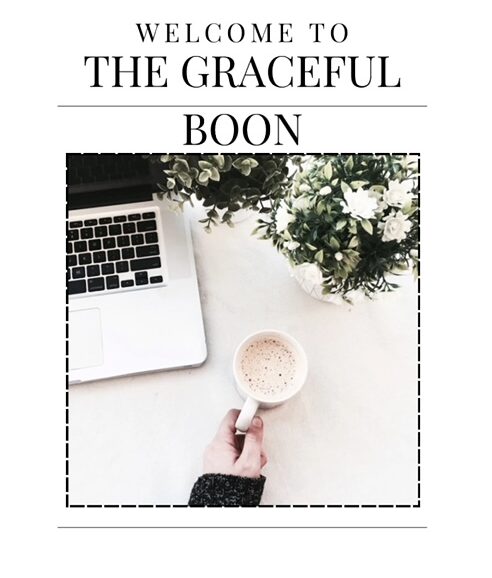
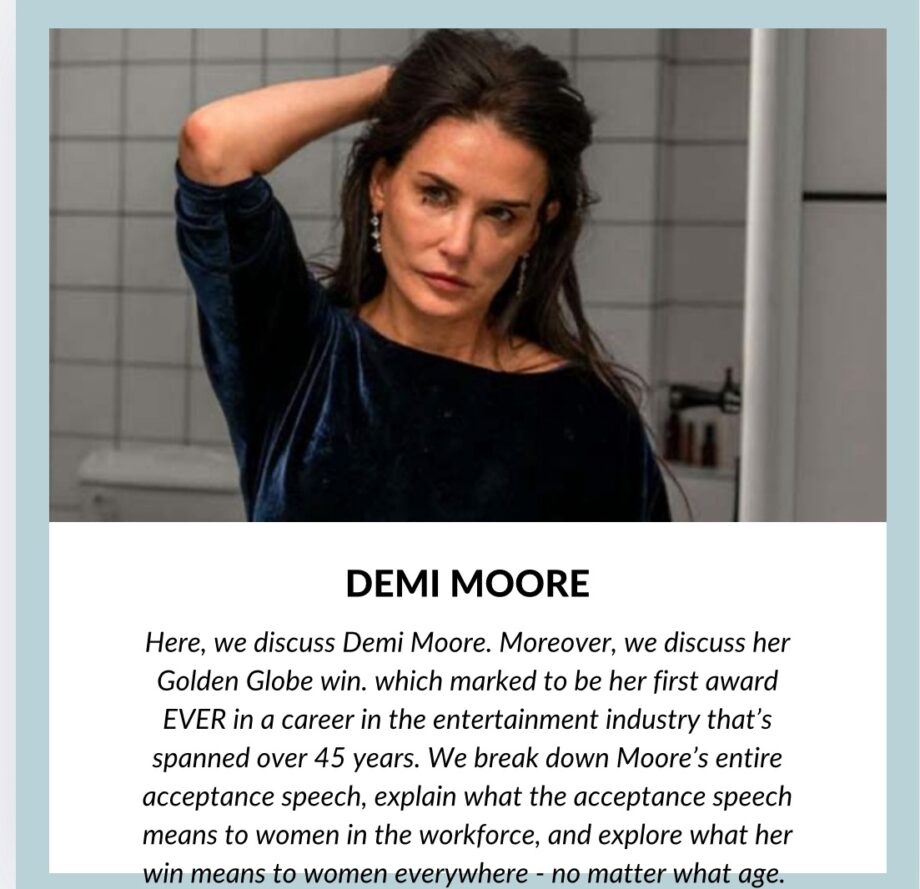

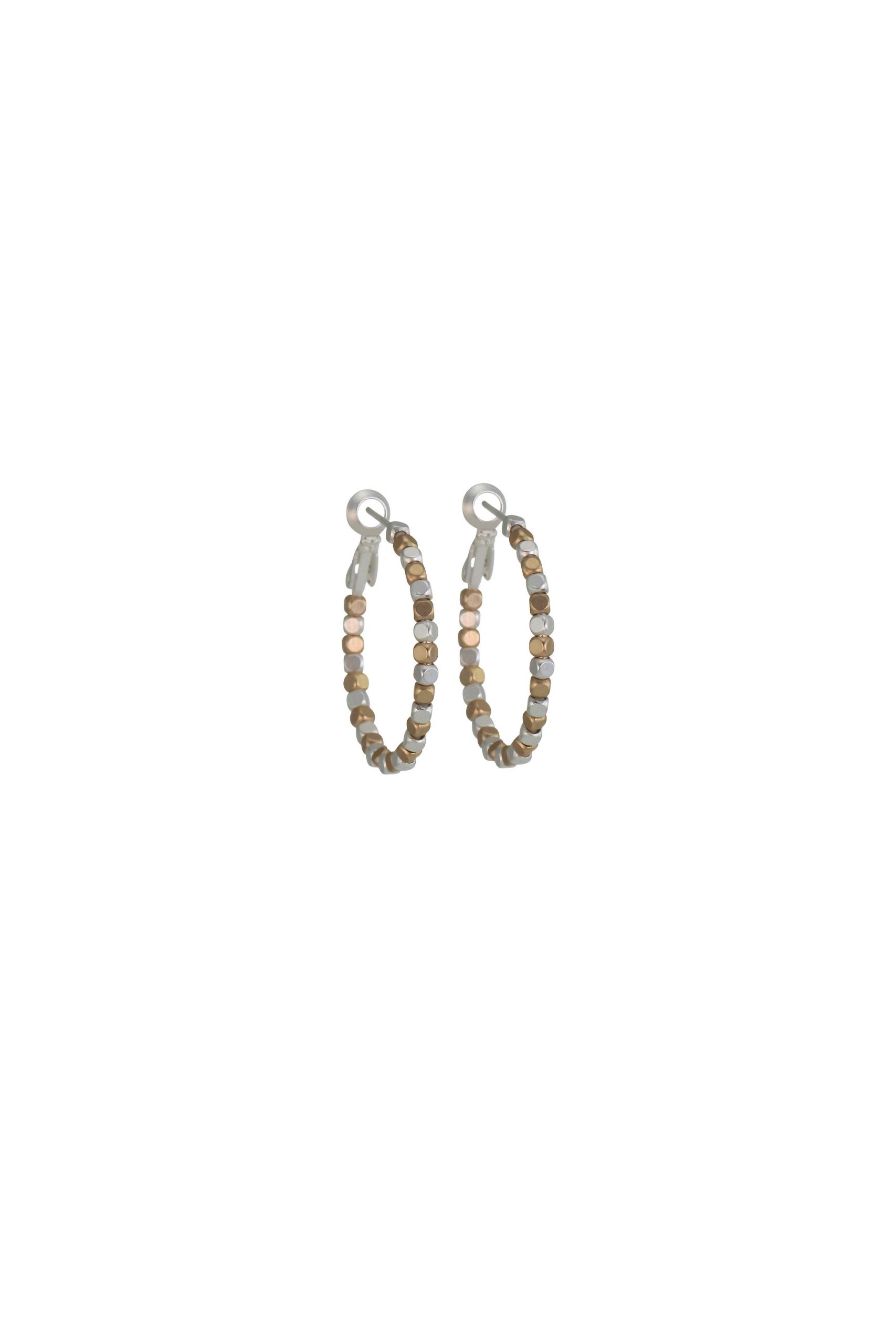
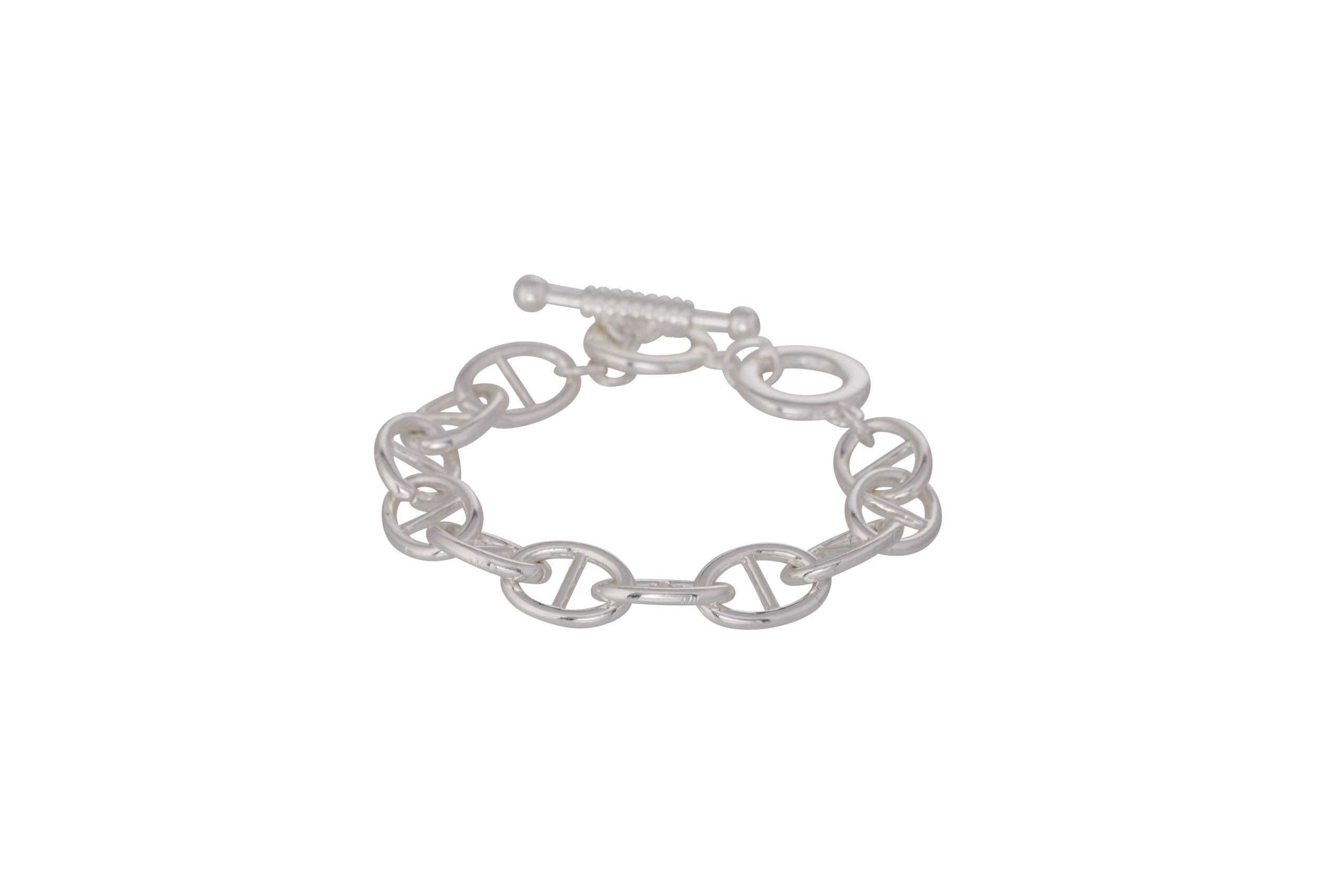
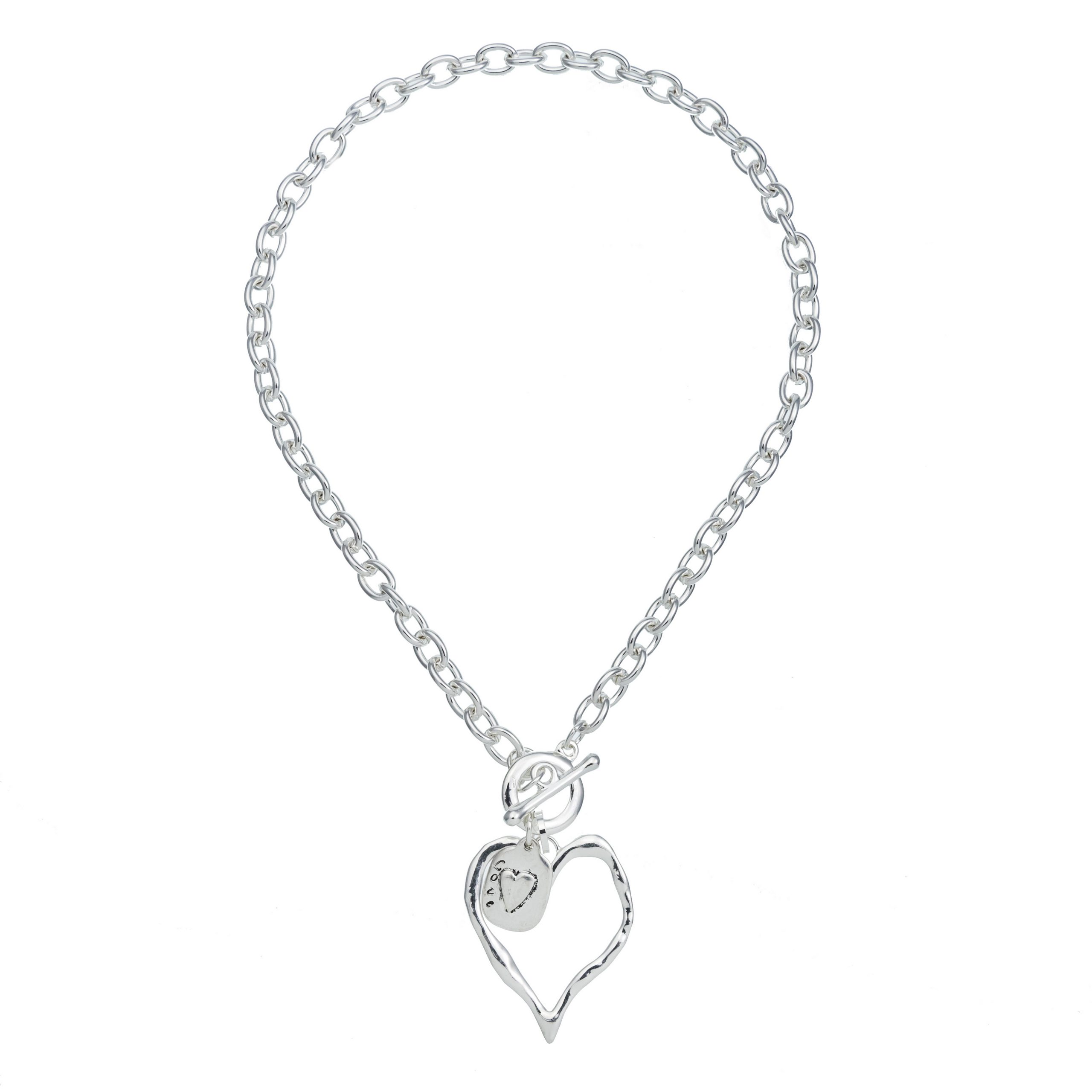
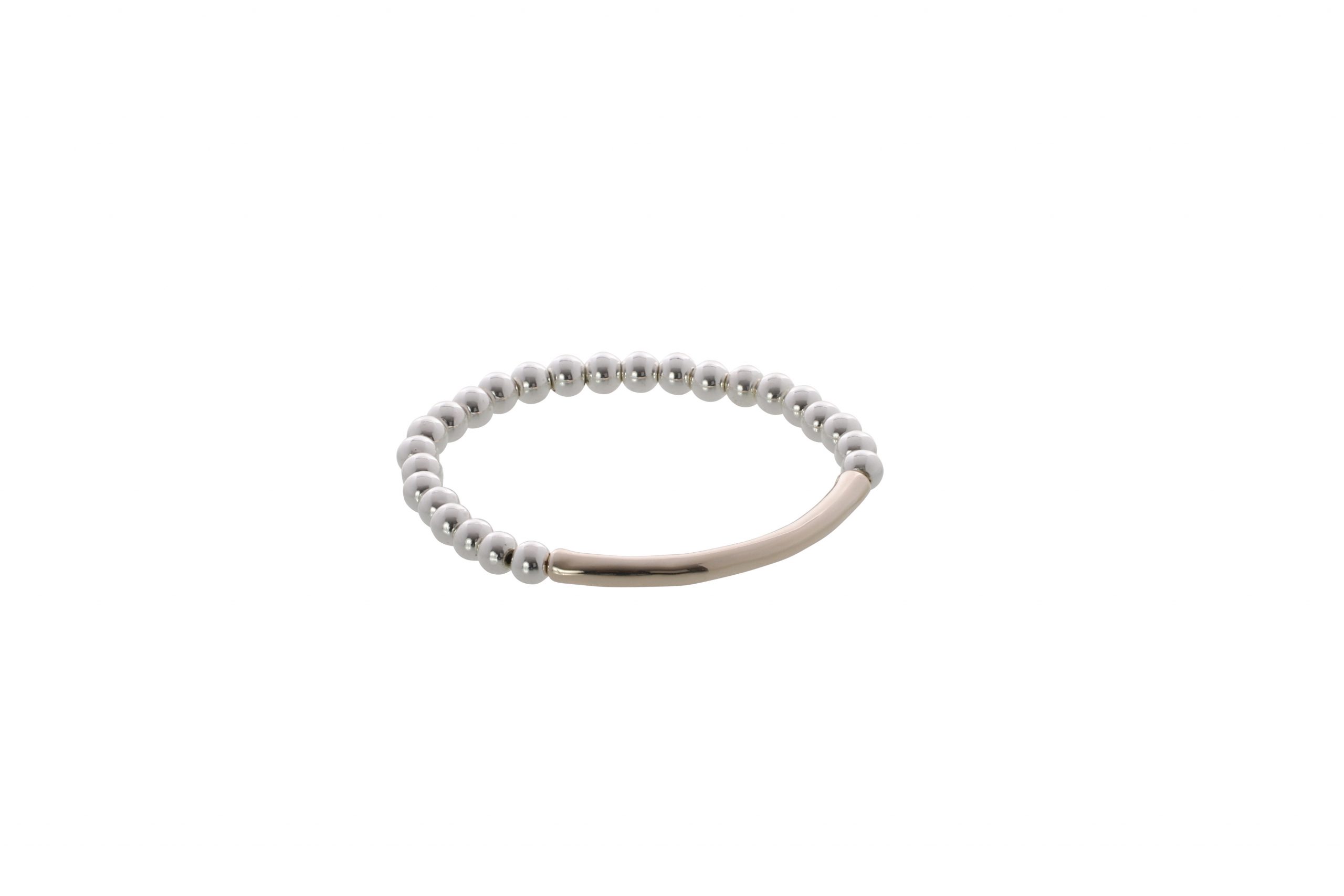
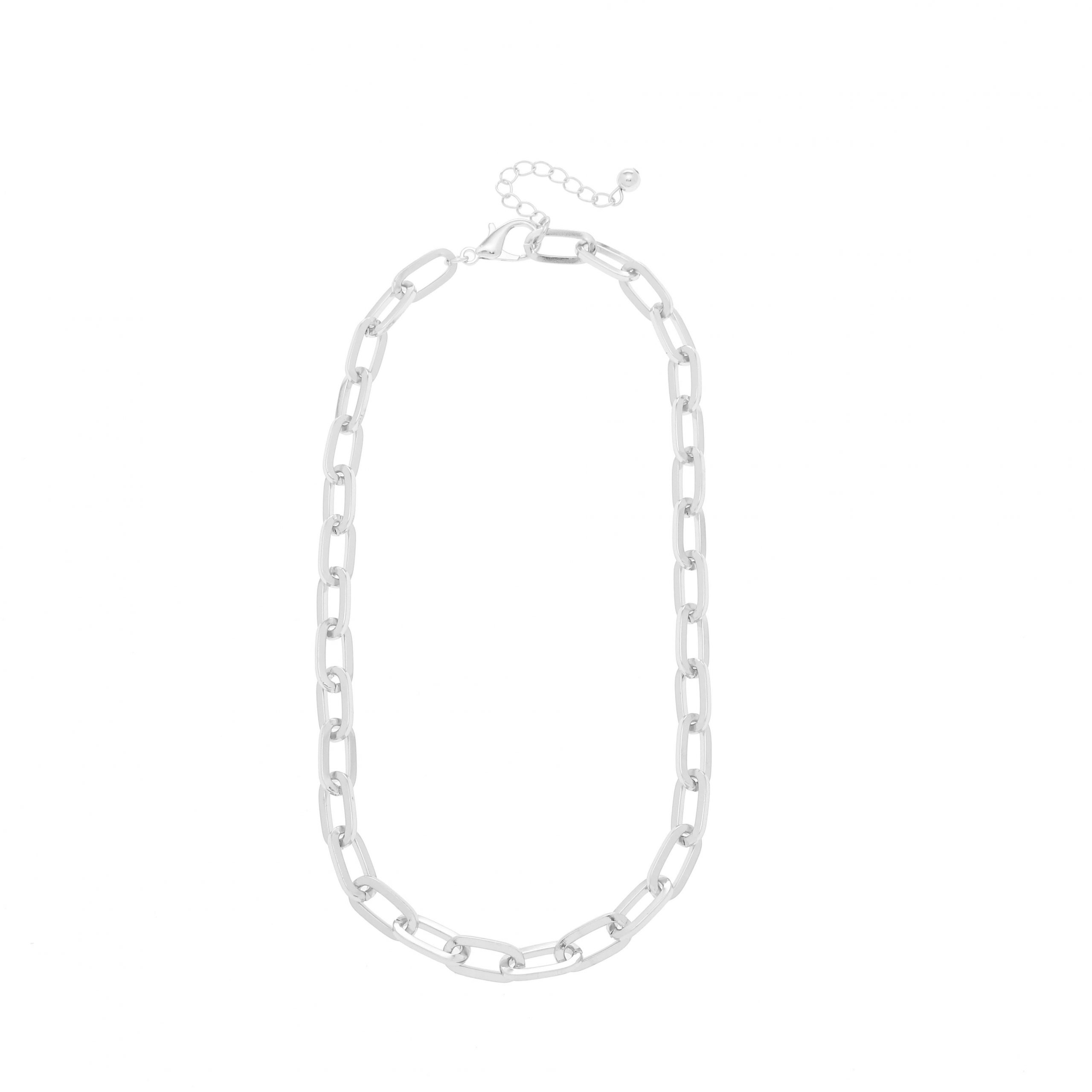
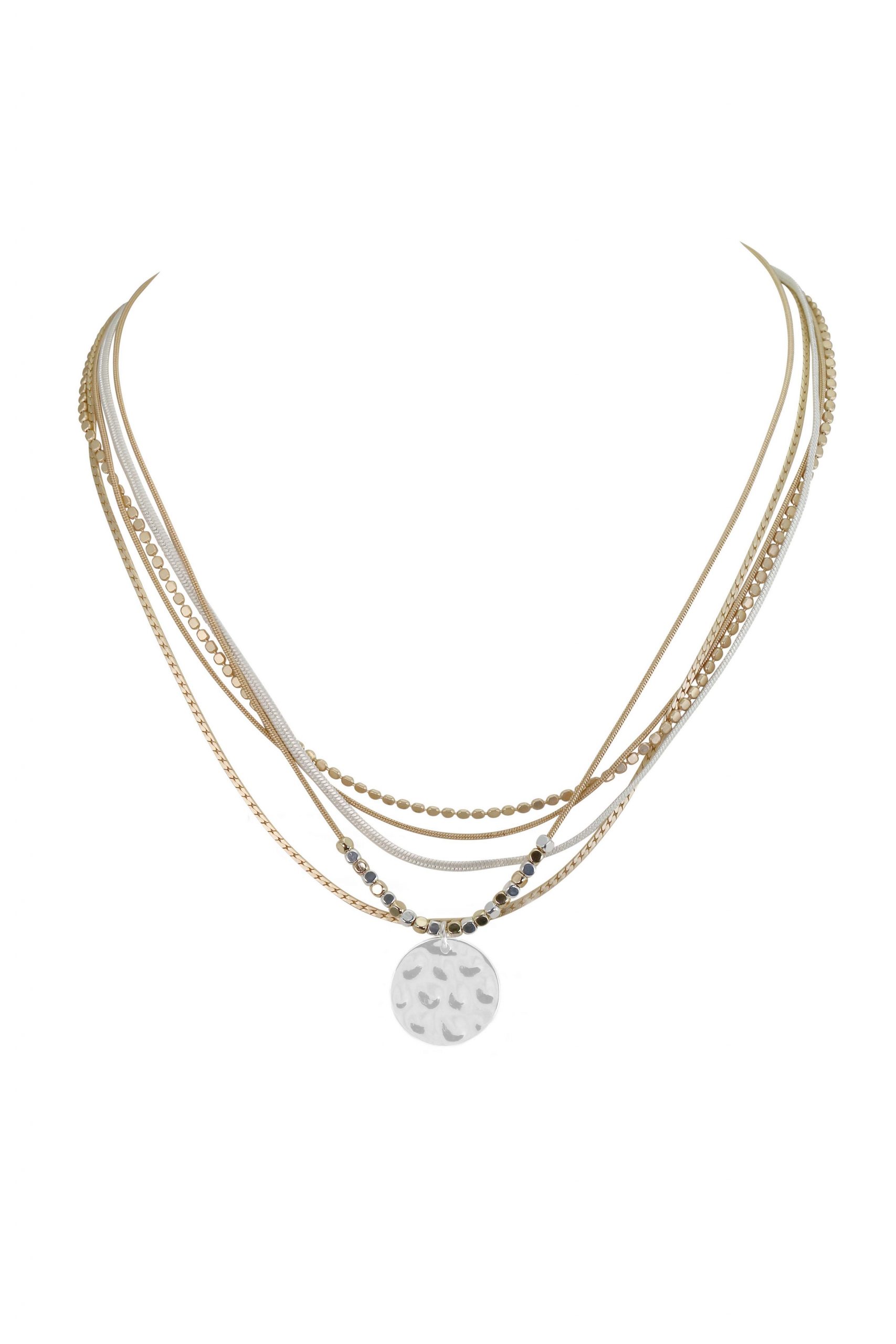
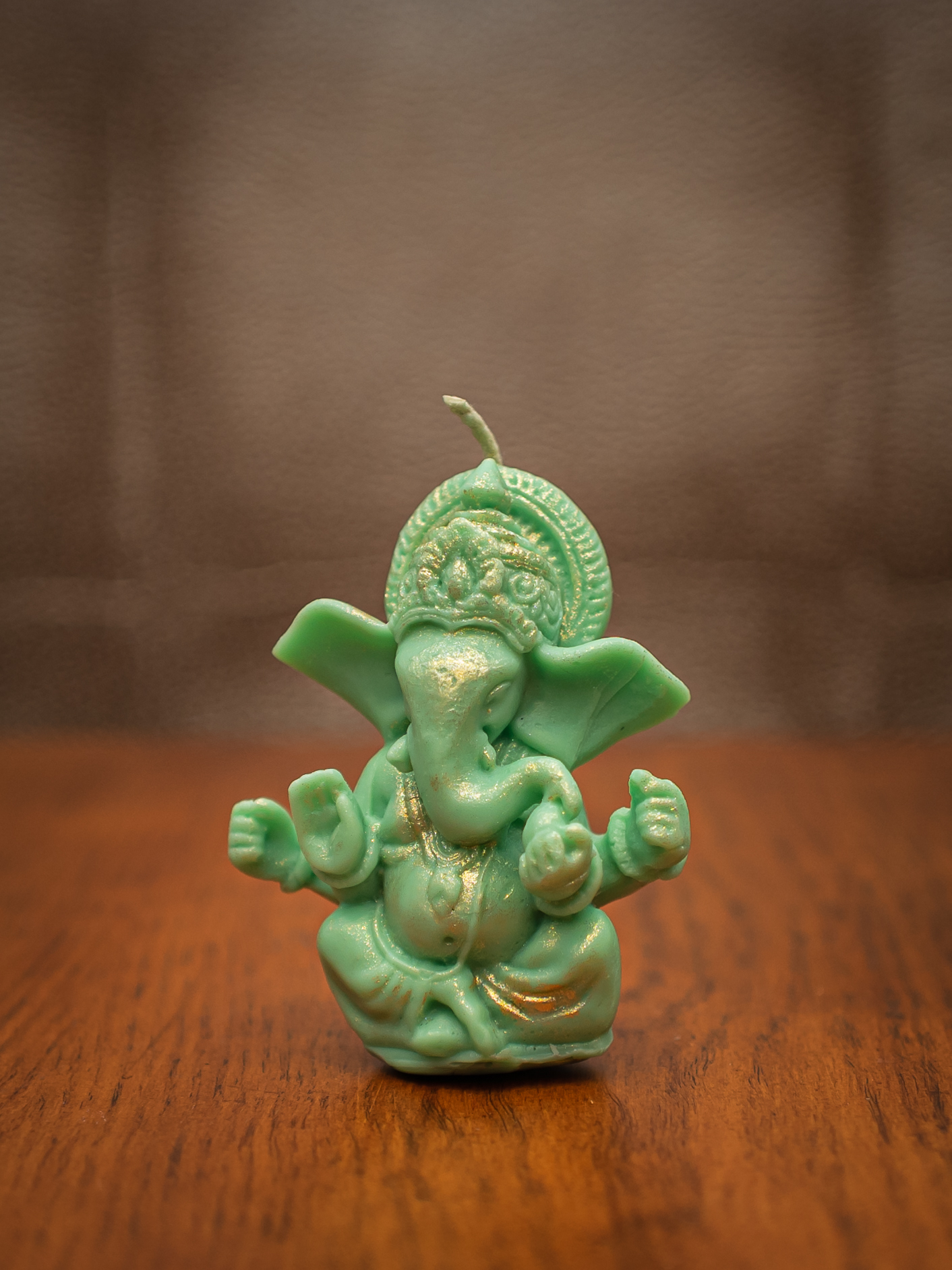
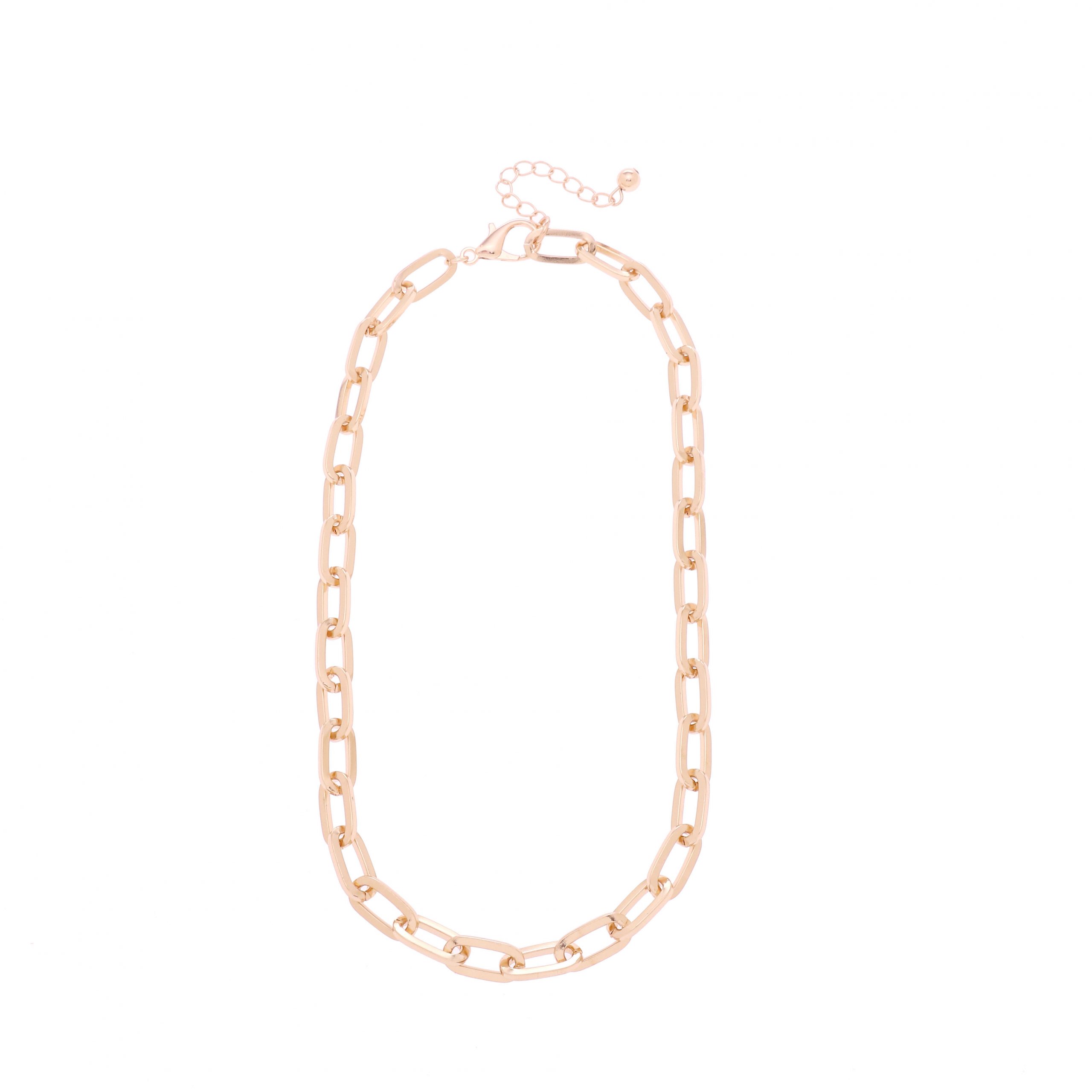




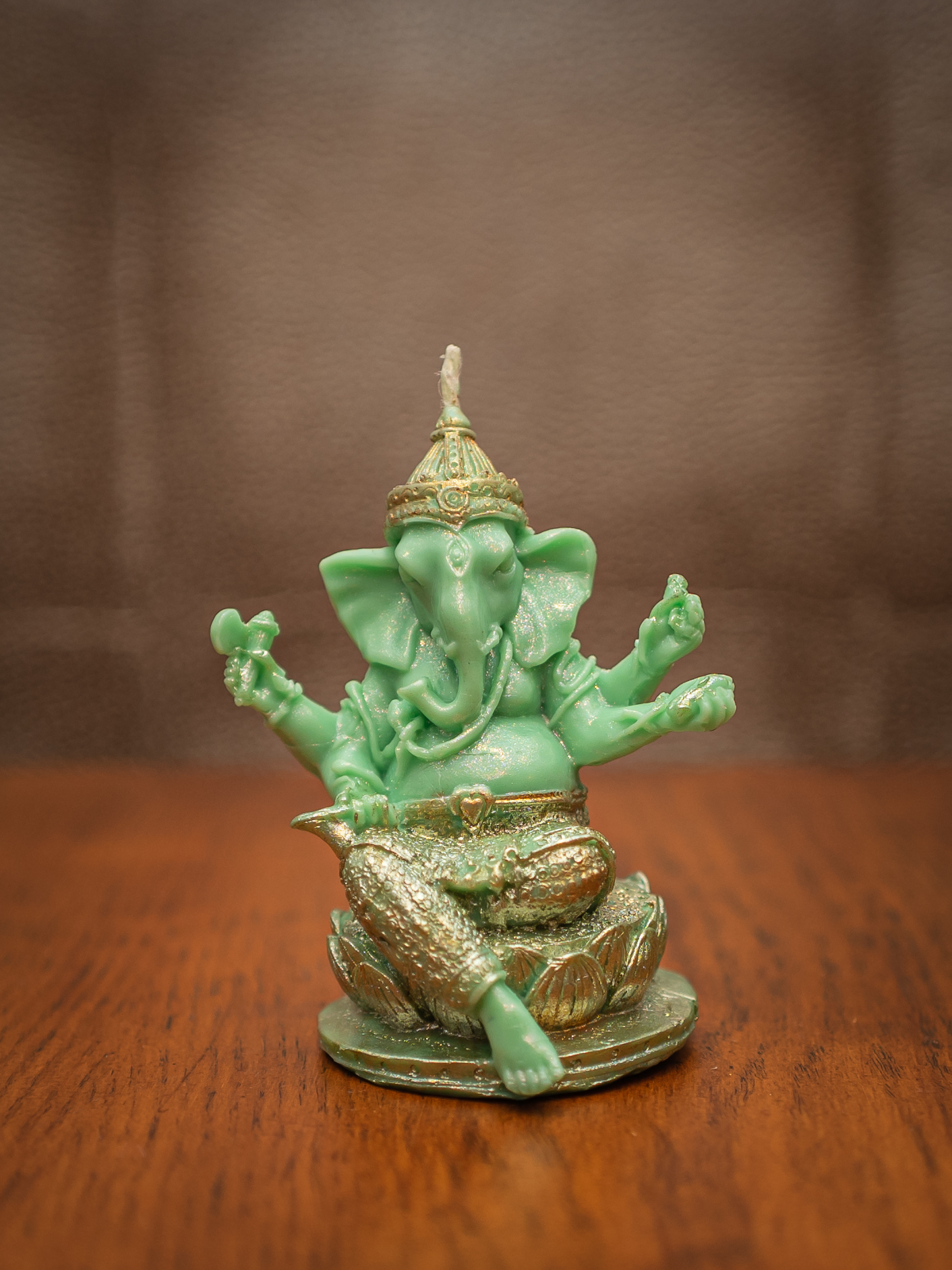
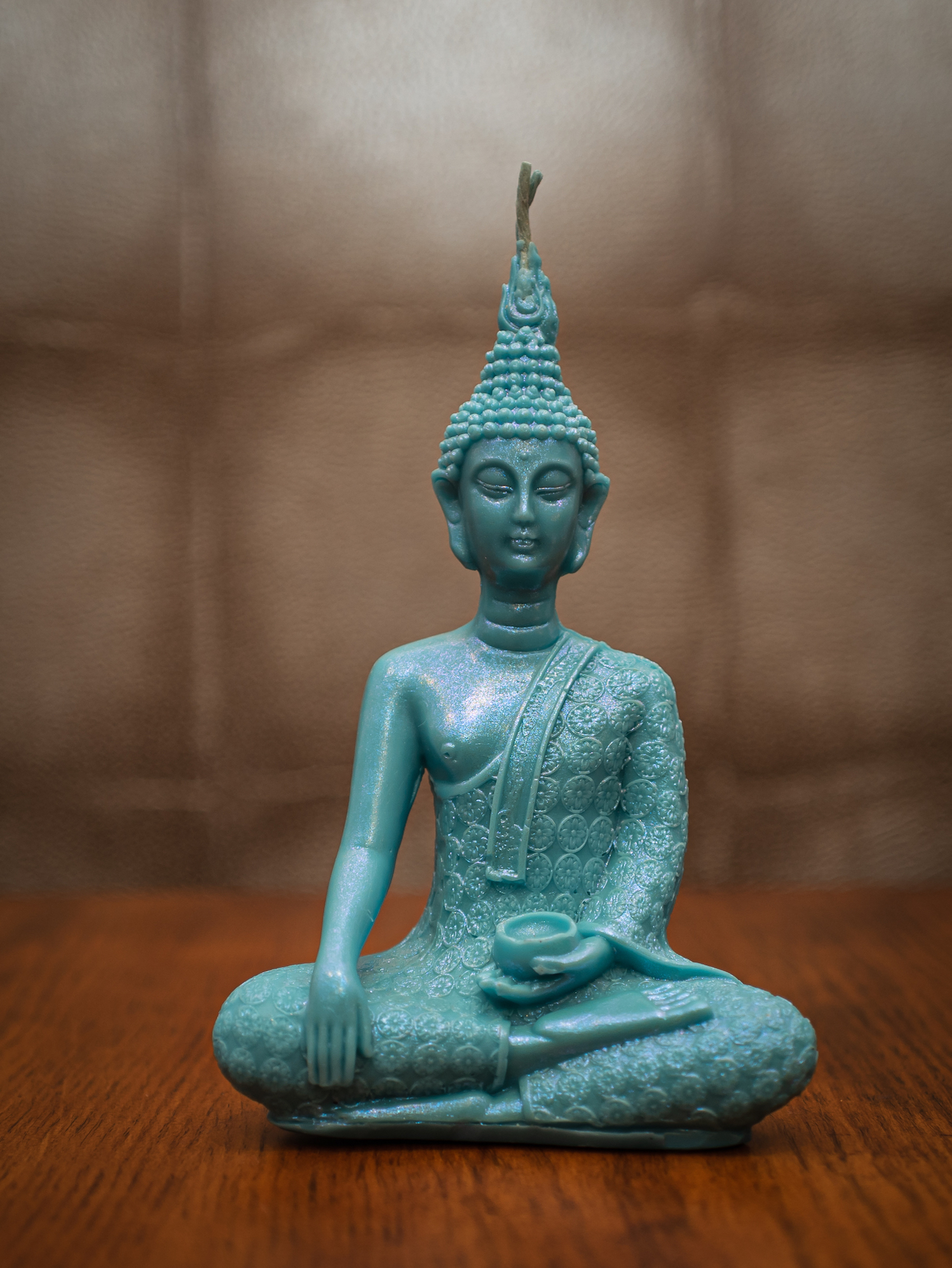
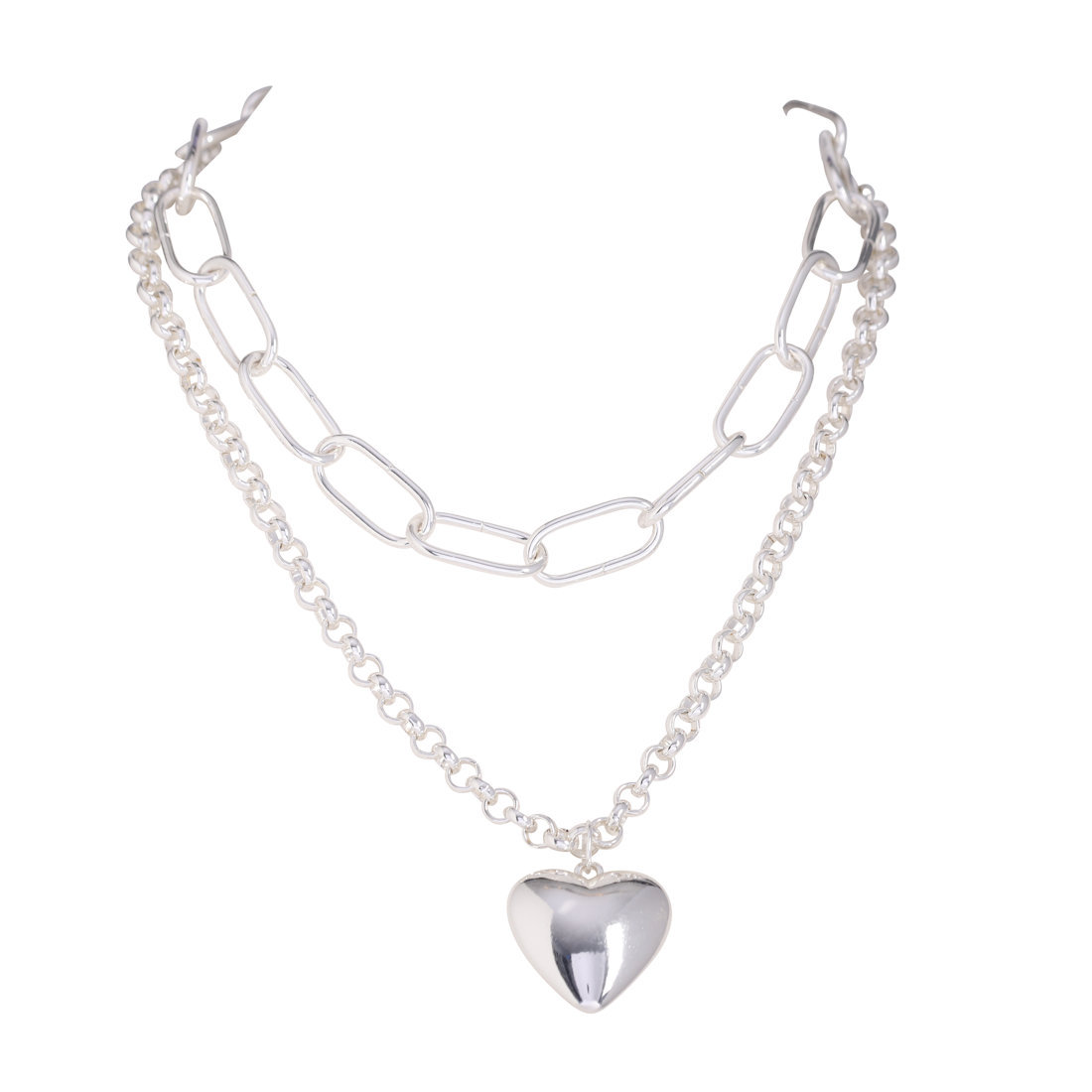



I watched her speech too and great that you linked Demi Moore’s Golden Globe win and its significance for women in the workforce. it was really moving and I think she is going to have more recognition on this great movie! – knycx journeying
I have no idea what it’s like to be a woman who’s older than 30 trying to make her way in any field. BUT judging from what I see on TV, red carpet shows, and the like, I can imagine it’s incredibly difficult. Women are held to this ridiculous standard of never being allowed to simply age. THEN, when they try to do something about it to appease the world, they’re hit with “Oh, she had some major surgery!” It’s ridiculous.
Love this for women in the workforce! This goes beyond Hollywood, it’s about resilience, determination and breaking down barriers. Her speech is a reminder to recognize women and fight for equality in all industries. Nice to see a big name using her platform to inspire and uplift. The real takeaway is success comes from hard work and self-belief and Moore’s win is proof of that. Thanks for sharing!
I loved that Demi Moore finally won such a well-deserved award! It was incredible seeing that moment, and the pride she so obviously felt in having this accomplishment.
I loved reading abut your insights into this, and I agree completely! Demi really did overcome so many obstacles in her career and to see that finally manifest in an actual award was amazing.
Demi Moore is one of my favorite actresses. I love all her movies, especially Ghost and G.I Joe. She did a great job, but I didn’t expect her to only get 1 award. She is an amazing actress to me. Thanks for bringing it up.
I was so surprised while watching her acceptance speech and hearing her say that it was her first award for acting EVER. I was so shocked because she is so iconic and has made an imprint on Hollywood over many, many years. Woman in the workforce need to be more recognized for their accomplishments and great work they put in!
I had no idea she’d never won an award or anything before this year. You’d (perhaps) wrongly assume successful actors and actresses would have. I do remember how annoyed I was for Margot and Greta about the Barbie nominations, yes Ryan did a great job but so did the other two women x
I think getting old could be really hard for women. I`ll be 44 years old in one month, and I love Substance and Demi Moore. And I`m so happy for her for winning the Golden Globe
I remember seeing her in Ghost and then a few things after but always thought she was in the shadow of Bruce Willis. I think she has worked so hard and now has some amazing work behind her
I think Demi Moore is amazing, she’s had an fabulous career and worked very hard. Her acceptance speech was great